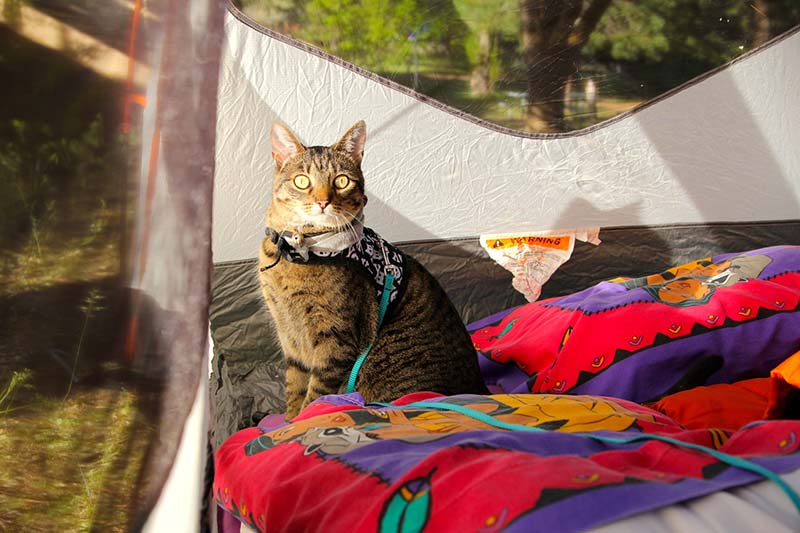What to watch for when you have an adventurous outdoor cat
What to watch for when you have an adventurous outdoor cat
While domesticated cats typically enjoy hanging out indoors, there are more adventurous felines that can’t seem to resist the call of the wild. They love to spend all day visiting the neighbors, chasing mice, and exploring the block. Yet, at the end of the day, they always seem to find their way back home. If your cat enjoys being one with nature, make sure you watch out for the following signs that the health of your furry one could be at risk:

Heat and Humidity
Everyone loves to hang outdoors in the summertime, this may also include the family cat. But on an extremely hot and sunny day, it’s probably not a good idea to let your cat explore. This is especially true if your cat has never been outside before. Heat exhaustion can put the health of your cat in danger, so it’s best to keep them inside where they have access to air conditioning.
Dangers in the Night
It’s perfectly fine for your indoor/outdoor cat to explore during the daylight hours, but at night, headlights from cars can cause your cat to become disoriented. Furthermore, nocturnal animals may pose a serious threat to your cat, so it’s best to keep them inside at night.
Injured Paws
During the summer, the ground outside can heat up to dangerous temperatures that could burn your kitty’s paws. It’s best to let them outdoors when the temperature is much cooler. Early mornings or evenings are good times for them to explore, just make sure your cat returns home before dark.
Dehydration
A nice, cool morning can quickly heat up in a matter of only a few hours. Make sure your cat always has access to fresh, cool water, especially in the summer. Keep a bowl of water outside with ice to help keep your cat well hydrated.
Skin Irritation
Keeping your cat well-groomed will help prevent skin irritation. Do this also helps your cat better regulate its body temperature in warmer weather.
Allergies
Just like people, our pets can also develop allergies. This is especially true for animals that spend time outdoors. If you notice that your cat is sneezing or scratching excessively, you should contact your vet. These symptoms, along with watery eyes and a runny nose, are signs that your animal may have a chronic condition, like allergies. Your vet may be able to offer your cat some herbal therapy to treat the issue.